Anger over Abe's shrine visit
Updated: 2013-12-27 01:32
By CAI HONG in Tokyo, ZHANG QING from Xinhua in Seoul and ZHANG YUNBI in Beijing (China Daily)
|
||||||||
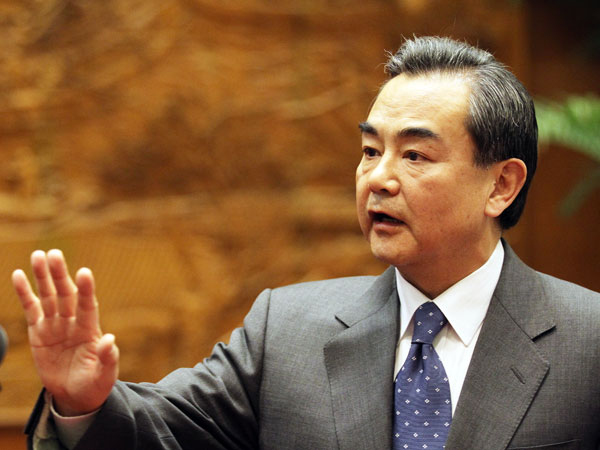 |
| Chinese Foreign Minister Wang Yi speaks to media. Zhang Wei / China Daily |
Washington hopes that Japan and its neighbors will "find constructive ways" to deal with sensitive issues from the past, the statement said.

Yang Bojiang, deputy director of the Institute of Japan Studies at the Chinese Academy of Social Sciences, said Abe's visit will deal a heavy blow to Japan's international image and further isolate the country.
"Abe is risking support from within both Japan and the United States, and his political life will come to an earlier end," Yang warned.
Japan has strained its diplomatic relationships with China, South Korea and Russia in the past two years because of disputes over islands and historical issues, and the situation has also been a headache for Washington.
James Fallows, a national correspondent for The Atlantic Monthly, said, "there is almost nothing a Japanese prime minister could have done that would have inflamed tempers more along the Japan-China-South Korea-US axis than to make this visit".
"Americans who visit the ‘historical' museum at the shrine (as I have done) will note its portrayal of Japan being "forced" into World War II by US economic and military encirclement," Fallows wrote in his latest online article.
Abe is deliberately stirring up the situation to "make sure the tension does not fade away", said Feng Wei, a professor of Japanese studies at Fudan University in Shanghai.
"Because there will be no more excuses for his plan of revising Japan's pacifist Constitution if there is no tension in Japan's neighborhood," Feng said.
The visit was made as Abe's public support this month dropped to a record low since he retook office last December.
Akihiro Nonaka, a professor at the School of Political Science at Waseda University in Tokyo, said:"Abe's visit to Yasukuni in the capacity of prime minister violates the Article 20 of Japan's Constitution, which stipulates the separation of religion and state. This is also the ruling by several local and high courts in Japan."
"He does not show respect for the countless Asian people who died in the war," Nonaka added.
Zhou Yongsheng, a professor of Japanese studies at China Foreign Affairs University, said what is behind Abe's pilgrimage is the accelerating pace of the Japanese government in seeking a right-wing style of governing, which is "bringing a huge threat to regional peace".
"As Abe is bent on eliminating all legislative restrictions against Japanese armed forces waging a war, the international community will be unable to rein in Japan from taking such a dangerous step," Zhou warned.
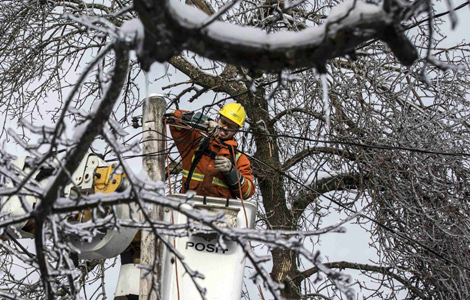
 Ice storm leaves many without power in US, Canada
Ice storm leaves many without power in US, Canada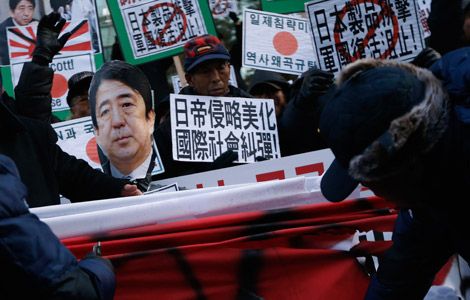
 Abe's war shrine visit sparks protest
Abe's war shrine visit sparks protest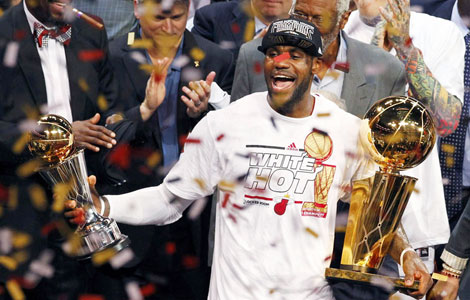
 LeBron James is AP's Male Athlete of the Year
LeBron James is AP's Male Athlete of the Year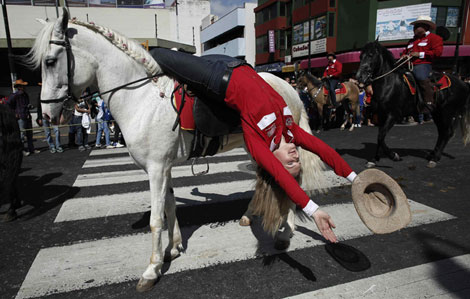
 Year-end horse-ride parade California
Year-end horse-ride parade California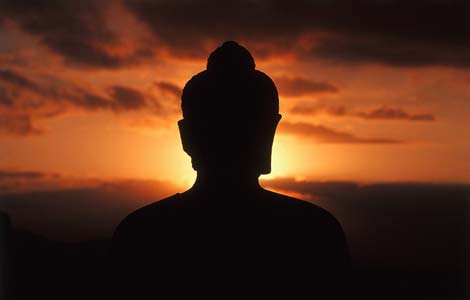
 Pick your new year sunrise
Pick your new year sunrise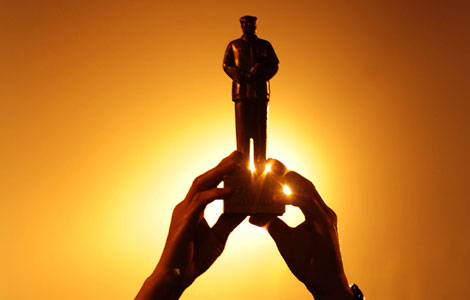
 Memorial a big draw on Mao's birthday
Memorial a big draw on Mao's birthday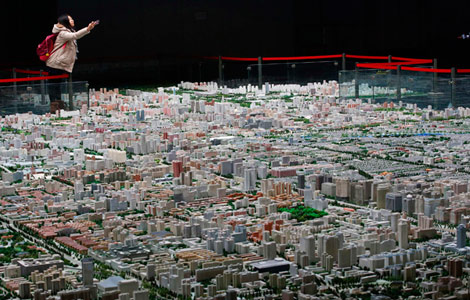
 China's urbanization rate to hit 60% by 2018
China's urbanization rate to hit 60% by 2018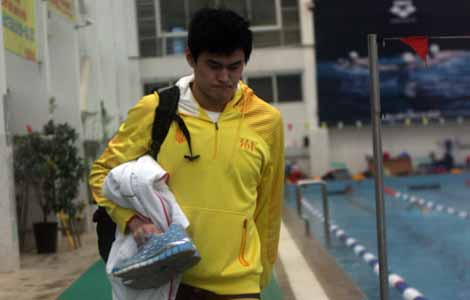
 Oly champion resumes training after scandal
Oly champion resumes training after scandal
Most Viewed
Editor's Picks

|

|

|

|

|

|
Today's Top News
China reports 12th vaccine-related death
China begins e-commerce legislation
Li drops in to help realize home dream
Govt issues holiday warning
US judge upholds NSA surveillance program
War shrine visit fury mounts
China's vaccines are safe: WHO
Chinese students in US buy luxury
US Weekly

|

|







